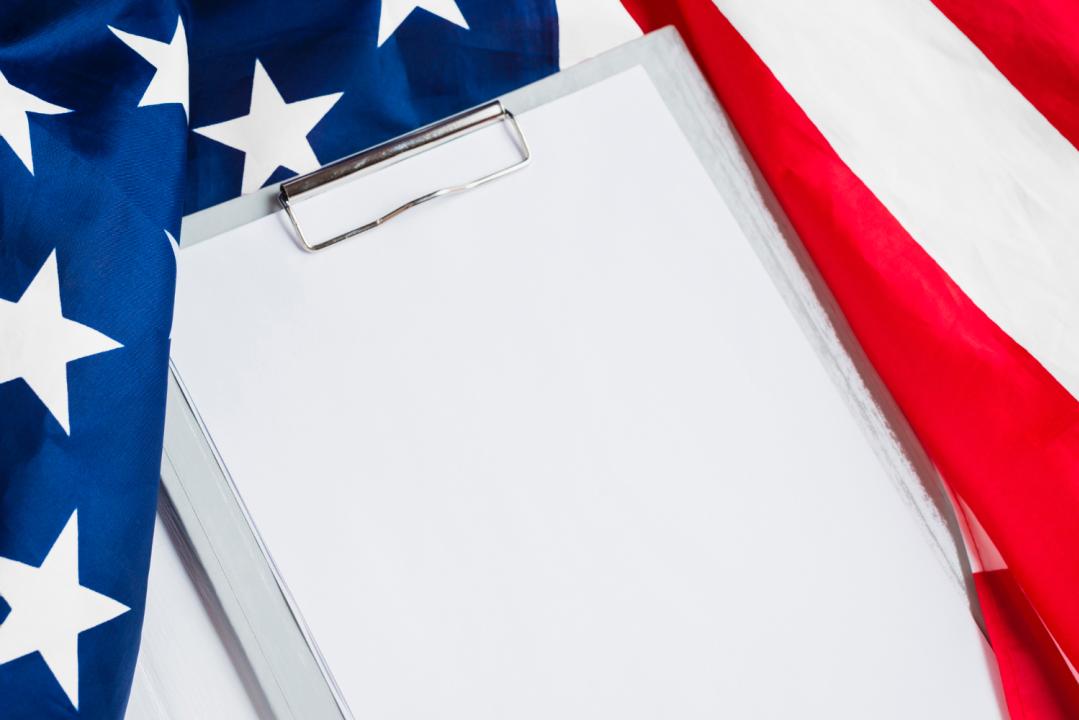Entering the public sector can be a game-changing opportunity for startups. Government contracts offer stability, prestige, and the chance to scale solutions to a broader market. However, the process of working with U.S. government agencies is different from private sector deals — it can be complex, but highly rewarding if approached correctly. Here’s what startups need to know:
1. Understand the Basics of Government Contracting
Government agencies at the federal, state, and local levels frequently outsource services and purchase products from private companies, including startups. These contracts are governed by strict regulations designed to ensure fairness, transparency, and the best value for taxpayers.
At the federal level, agencies generally follow the Federal Acquisition Regulation (FAR), a comprehensive set of rules controlling how public funds are spent.
2. Register Your Business
Before bidding for government work, your startup must complete several registration steps:
DUNS Number: Obtain a Dun & Bradstreet DUNS Number (soon being replaced by the Unique Entity Identifier (UEI) system).
SAM Registration: Register in the System for Award Management (SAM.gov). This is mandatory for all companies seeking federal contracts.
NAICS Codes: Identify the North American Industry Classification System (NAICS) codes that match your services or products.
These registrations help agencies verify your business and understand the types of goods or services you offer.
3. Look for Contracting Opportunities
Startups can find public opportunities through several platforms:
SAM.gov: Centralized listing of federal opportunities.
GSA Schedules: The U.S. General Services Administration (GSA) helps agencies buy commercial products and services through pre-vetted vendors.
State and Local Portals: Each state and city often has its own bidding platform for local contracts.
Small Business Administration (SBA): Offers programs to help small and disadvantaged businesses win contracts.
4. Know About Set-Asides and Special Programs
The U.S. government has programs aimed at promoting small businesses, minority-owned businesses, women-owned businesses, and others. Set-aside contracts are reserved specifically for businesses that qualify. Programs like the 8(a) Business Development Program or HUBZone certification can open up exclusive contracting opportunities.
5. Prepare a Competitive Proposal
Winning government work requires submitting detailed, competitive proposals. These should:
Address every requirement listed in the solicitation.
Offer clear pricing structures.
Demonstrate your ability to meet deadlines and deliver quality work.
Highlight your past performance, even if it's from private-sector clients.
Sometimes proposals involve responding to a Request for Proposal (RFP), Request for Quotation (RFQ), or Request for Information (RFI). Each has different requirements, so understanding the specific document is crucial.
6. Build Relationships
While processes are formal, relationships still matter. Networking at government conferences, attending industry days, and meeting with procurement officers can help position your startup for future opportunities. Agencies often prefer to work with vendors they know and trust.
7. Stay Compliant
Once you win a contract, it’s important to comply with all regulatory requirements, including reporting, cybersecurity standards (such as NIST requirements), and labor laws. Non-compliance can lead to penalties, including losing the contract.
Conclusion:
Breaking into government contracting can seem daunting at first, but with the right preparation, startups can find long-term success and steady growth in the public sector. Start small, stay organized, and always deliver high-quality results. In time, your startup could become a trusted vendor for government agencies across the U.S.

















